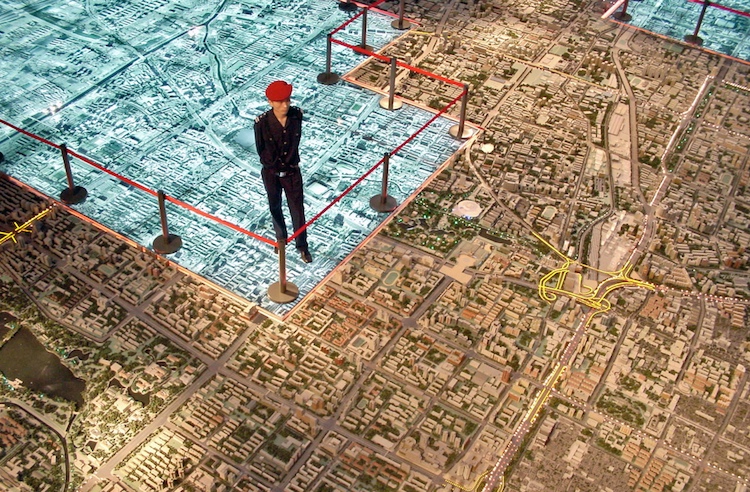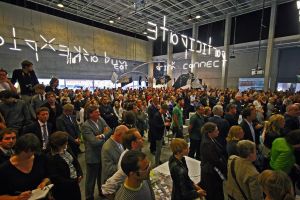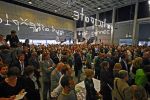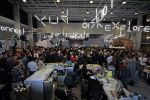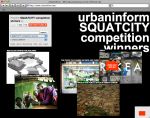Tu 29 Sep 09
The City on the Political Agenda
The opening weekend of the 4th International Architecture Biennale Rotterdam (IABR), Open City: Designing Coexistence, drew over 4.000 visitors, from the Netherlands and abroad.
Three exhibitions were opened, two in Rotterdam and one in Amsterdam, and an international symposium was held on the increasing role and impact of informal urban development.
At present, more than half of the global population lives in cities, and in 40 years, this percentage will increase to 75%. Although cities are responsible for more than 70% of all CO2 emissions, they are also the boosters of the global economy. “In the 21st century, cities will be even more important than nation-states,” George Brugmans, director of the IABR announced at the Biennale opening. He advocates an “Urban Agenda” and remarked that national governments are lacking in vision when it comes to the future of their cities.
The rapidly growing importance of the city worldwide was emphasized in contributions from Dutch Ministers Cramer (VROM; Housing, Spatial Planning and the Environment) and Plasterk (OCW; Education, Culture and Science), the Mayor of Rotterdam, Aboutaleb, the German cultural philosopher Peter Sloterdijk, the Aldermen of Urban Development from São Paulo, Elton Santa Fe Zacarias, and from Amsterdam, Maarten van Poelgeest, the architects Kees Christiaanse and Richard Burdett, and the Chairman of Bouwend Nederland, Elco Brinkman. All of them stressed the necessity of getting serious about devising and designing policy for the city of the future.
In Rotterdam, Minister Cramer argued that the climate crisis and the credit crisis together will ensure that our view of the future of cities will change fundamentally. In the minister’s opinion, architects, designers and urban developers can help meet the challenge of using the room within cities more intensively without sacrificing quality of life.
Safety, sustainability and social cohesion are important areas of special interest. In his speech during the opening in Amsterdam,
Minister Plasterk stated that urban development is not so much about creating attractive, beautiful cities, but is more about ensuring that residents live in “open cities” that are safe, sustainable, and abundant in social and cultural diversity.
The fourth edition of the International Architecture Biennale Rotterdam, Open City: Designing Coexistence focuses primarily on the social cohesion in the cities, and the contribution architects and urban developers can make to achieve this.
The IABR conducts research on cities and urbanization both in the Netherlands and abroad, whereby the emphasis lies on a multi-disciplinary approach in which architects, urban developers, sociologists, economists, developers, residents and governments work together on solutions for urban problems. Minister Cramer: “I see the IABR as an international research lab, an open-source setting where various design disciplines generate innovative insights and solutions. By joining forces to work on the program in the coming months and offering the IABR long-term financial support, I pledge my firm support for this Biennale..”
